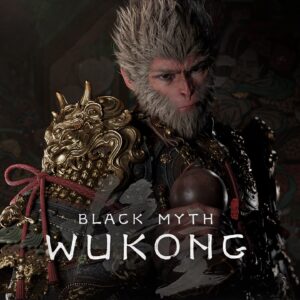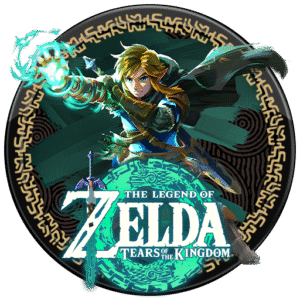Why Ash Ketchum Would Be A Terrible Pokémon Trainer In The Games
Popular Now
 Call of Duty
Call of Duty
 R.E.P.O
R.E.P.O
 Gacha Club
Gacha Club
 Black Myth: Wukong
Black Myth: Wukong
 BeamNG.drive
BeamNG.drive
 League of Legends
League of Legends
 Garena Free Fire: Kalahari
Garena Free Fire: Kalahari
 Grand Theft Auto V
Grand Theft Auto V
 Brawl Stars
Brawl Stars
 Among Us
Among Us
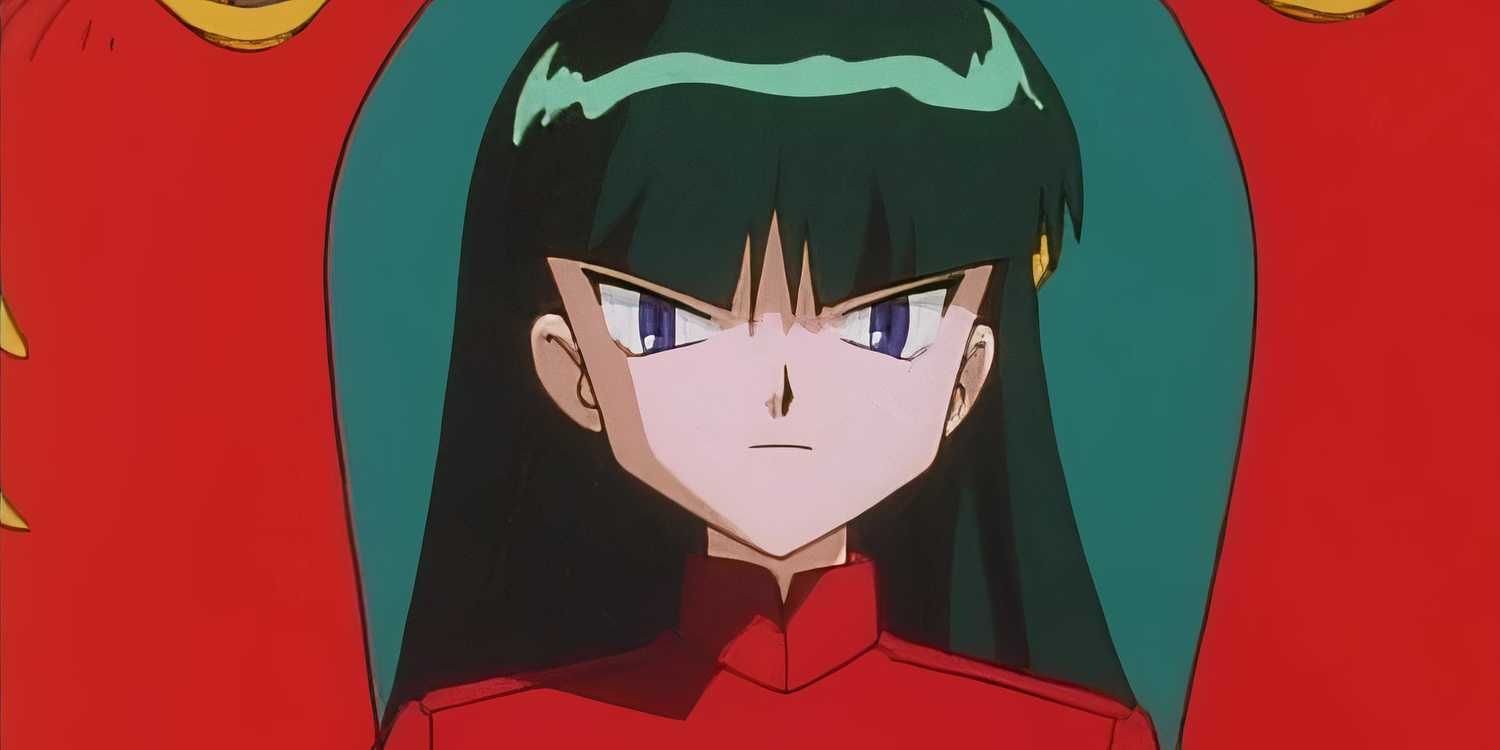 For over two decades, Ash Ketchum has been the face of the Pokémon anime, a boy from Pallet Town with an unwavering dream of becoming a Pokémon Master. He’s a character defined by his courage, his deep bond with his Pokémon, and his often-unorthodox strategies. He’s a hero to millions of fans, but the harsh reality is that in the world of the Pokémon video games, Ash Ketchum would be a complete and utter failure. The rules, mechanics, and strategic demands of the games are so fundamentally different from the anime’s “rule of cool” logic that Ash’s signature battling style would crumble in a turn-based RPG. This isn’t a criticism of the character himself, but a recognition of the vast and irreconcilable differences between the two mediums.
For over two decades, Ash Ketchum has been the face of the Pokémon anime, a boy from Pallet Town with an unwavering dream of becoming a Pokémon Master. He’s a character defined by his courage, his deep bond with his Pokémon, and his often-unorthodox strategies. He’s a hero to millions of fans, but the harsh reality is that in the world of the Pokémon video games, Ash Ketchum would be a complete and utter failure. The rules, mechanics, and strategic demands of the games are so fundamentally different from the anime’s “rule of cool” logic that Ash’s signature battling style would crumble in a turn-based RPG. This isn’t a criticism of the character himself, but a recognition of the vast and irreconcilable differences between the two mediums.
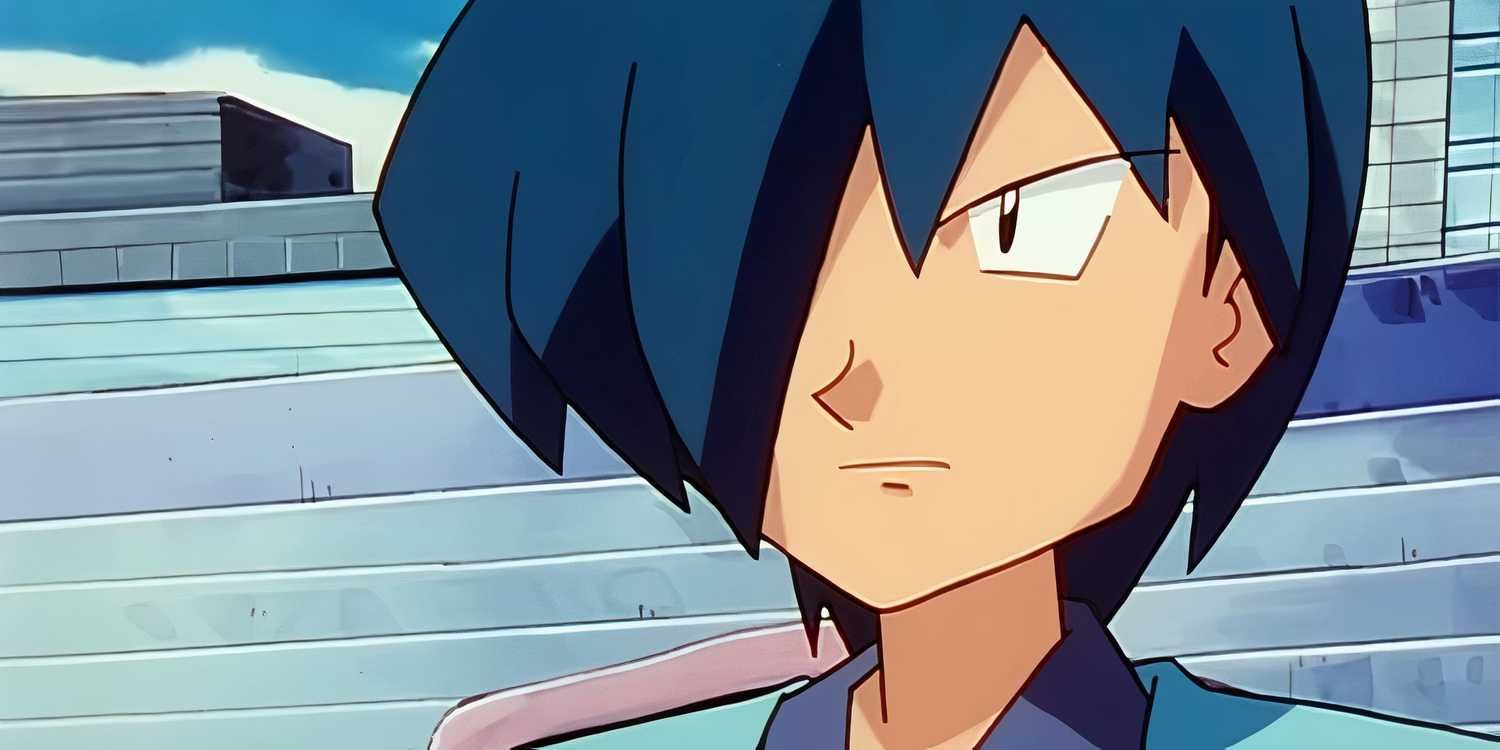 The core issue lies in the fact that the anime operates on cinematic and narrative logic, while the games are built on a rigid, mathematical, and strategic foundation. The anime prioritizes dynamic, visually exciting battles, often with dramatic comebacks that defy logic. The games, on the other hand, are a puzzle to be solved, where success is determined by careful planning, an understanding of complex stats, and a mastery of type advantages. Ash, with his reliance on improvisation and emotional bonds, is the antithesis of a successful Pokémon game trainer. He would struggle to even get past the first few gyms, let alone challenge the Elite Four or the Champion, in a world where logic, not plot armor, determines the outcome.
The core issue lies in the fact that the anime operates on cinematic and narrative logic, while the games are built on a rigid, mathematical, and strategic foundation. The anime prioritizes dynamic, visually exciting battles, often with dramatic comebacks that defy logic. The games, on the other hand, are a puzzle to be solved, where success is determined by careful planning, an understanding of complex stats, and a mastery of type advantages. Ash, with his reliance on improvisation and emotional bonds, is the antithesis of a successful Pokémon game trainer. He would struggle to even get past the first few gyms, let alone challenge the Elite Four or the Champion, in a world where logic, not plot armor, determines the outcome.
The Five Reasons Ash Could Never Survive the Pokémon Games
To fully understand why Ash Ketchum would fail in the games, we need to break down the key elements that define his character and his battling style, and compare them to the actual mechanics of the games. These are the five reasons why Ash could never be the protagonist of a mainline Pokémon RPG: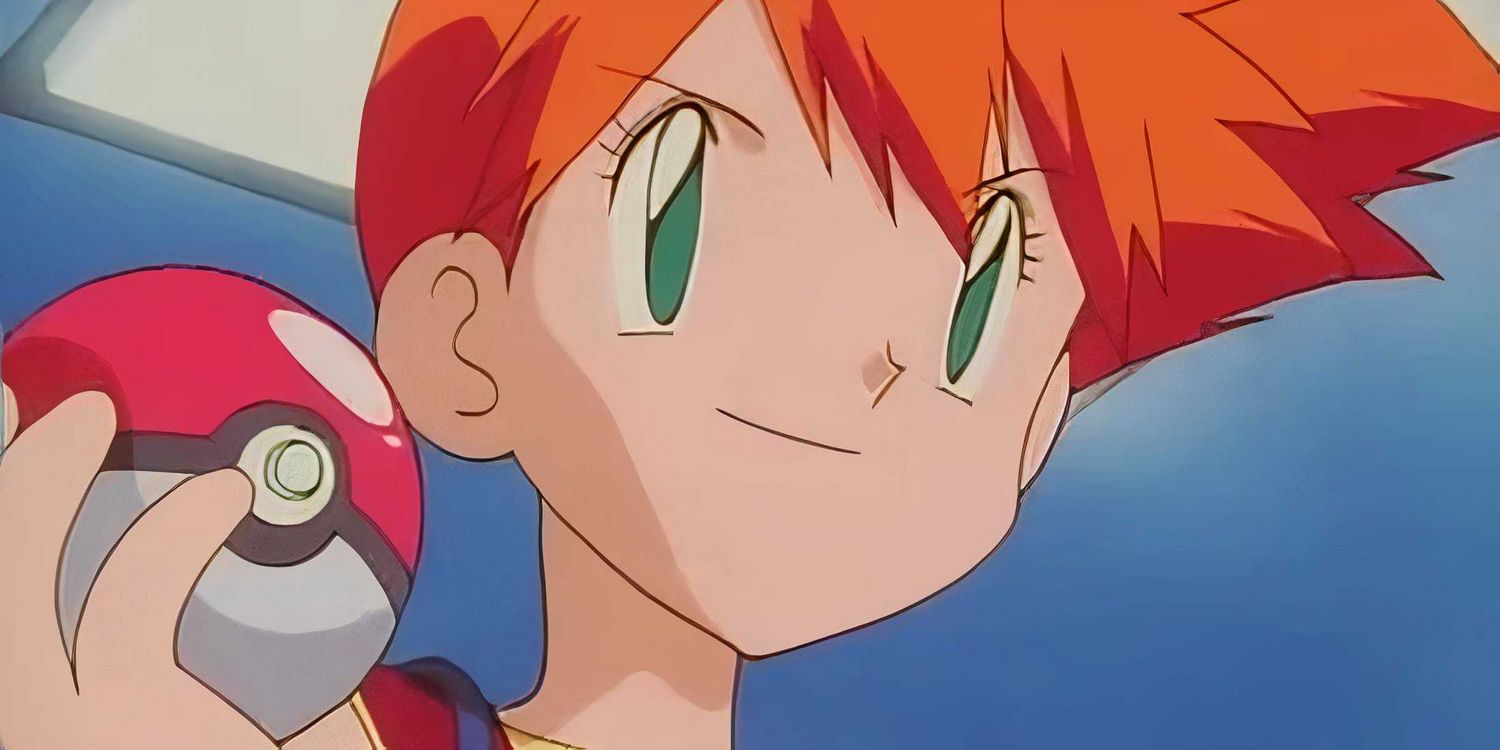
- Lack of Strategic Planning and Type Advantage: In the anime, Ash famously struggled with basic type advantages early in his journey, and even in later seasons, his go-to strategy is to “wing it.” This approach is a death sentence in the games. A trainer who consistently uses a Pokémon with a type disadvantage or a weak moveset is guaranteed to lose. The games punish improvisation and reward meticulous planning. A trainer must have a balanced team and a solid understanding of a complex “rock-paper-scissors” system that spans eighteen different types. Ash’s “surprise” tactics, like using a Water-type move on a Rock-type Pokémon, wouldn’t work in the games; they’d just be a waste of a turn.
- The Absence of “Anime Logic” and Unconventional Moves: Ash’s most iconic victories often come from creative, and often illogical, use of his Pokémon’s abilities. He’s used Pikachu’s Iron Tail to pole vault over a Golem’s attacks, and he’s combined a variety of moves to create new ones, such as “Thunder Armor.” In the games, every move has a specific purpose and a fixed effect. There is no “Dodge” button, no ability to use the battlefield terrain to your advantage (outside of specific terrain moves), and no room for impromptu, physically-based attacks. The games are turn-based, and every action has to be a pre-programmed move. Ash’s chaotic, unpredictable style would be completely neutered in this rigid environment.
- Refusal to Evolve his Pokémon: One of the most common complaints from fans of the anime is Ash’s reluctance to evolve his Pokémon. While this is a narrative choice to keep beloved characters like Pikachu and Bulbasaur on screen, it would be a critical flaw in the games. Evolution is a primary way to increase a Pokémon’s stats and learn more powerful moves. A trainer who refuses to evolve their Pokémon is deliberately handicapping themselves. In the games, a fully evolved Charizard is a powerhouse, while a base-form Charmander is a liability. Ash’s emotional bond with his Pokémon is a strength in the anime, but in the games, it’s a weakness that would lead to defeat after defeat.
- The Inconsistency of His Teams: Ash’s teams reset with every new region he visits. While this is a business decision to promote new Pokémon and merchandise, it’s a terrible strategic move for a trainer. In the games, a trainer’s success is often tied to their ability to build a strong, cohesive team and level them up over time. Ash’s habit of leaving behind his powerful, high-level Pokémon for a new, inexperienced team in every region is the equivalent of starting a new game on “hard mode” every time you get a new badge. This constant rotation of inexperienced teams would make it nearly impossible for him to overcome the level spikes and strategic teams of Gym Leaders and the Elite Four.
- Reliance on “Plot Armor” and The Bond Phenomenon: Ash’s greatest strength in the anime is his “plot armor”—the inexplicable victories he achieves due to his emotional bond with his Pokémon, often culminating in an impossible last-minute comeback. The “Ash-Greninja” phenomenon, where his Greninja gains a power boost due to their bond, is a prime example of this. The games have no such mechanic. There is no “friendship meter” that will allow your Pokémon to land a critical hit or survive an attack it shouldn’t have. In the games, a Pokémon’s success is determined by its stats, moves, and the trainer’s strategy, not by their emotional connection. Ash’s reliance on these “miracle” wins would be non-existent in the unforgiving, stat-driven world of the Pokémon RPGs.
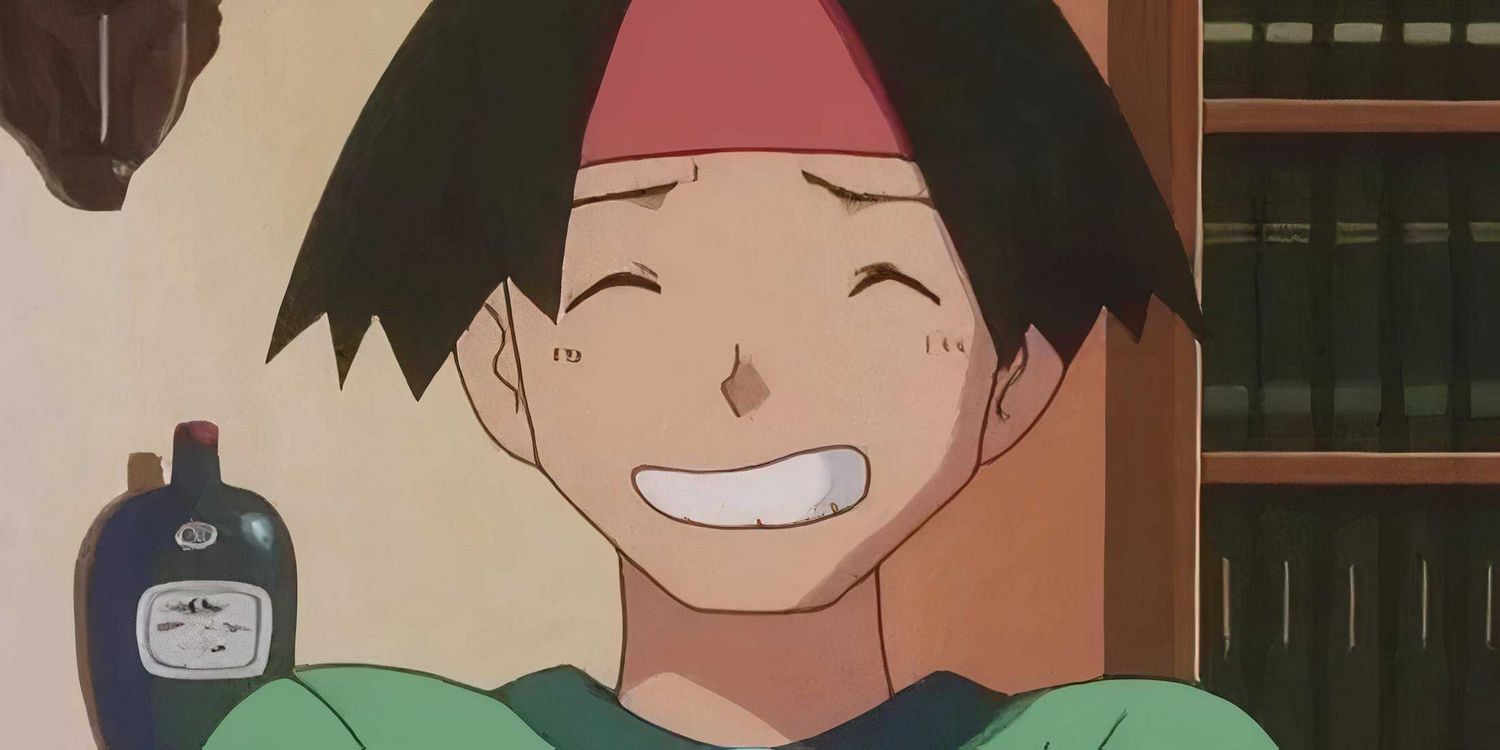 While Ash Ketchum’s journey is an inspiring tale of a young boy’s determination and love for his Pokémon, it is a story that could only exist in the world of animation. In the highly competitive, strategic, and unforgiving world of the Pokémon games, Ash’s spirit would be crushed, and his dream of becoming a Pokémon Master would be short-lived. He is a hero of the anime, but a novice in the games, and that is a key distinction that the PC gaming community and fans of both mediums understand all too well.
While Ash Ketchum’s journey is an inspiring tale of a young boy’s determination and love for his Pokémon, it is a story that could only exist in the world of animation. In the highly competitive, strategic, and unforgiving world of the Pokémon games, Ash’s spirit would be crushed, and his dream of becoming a Pokémon Master would be short-lived. He is a hero of the anime, but a novice in the games, and that is a key distinction that the PC gaming community and fans of both mediums understand all too well.



